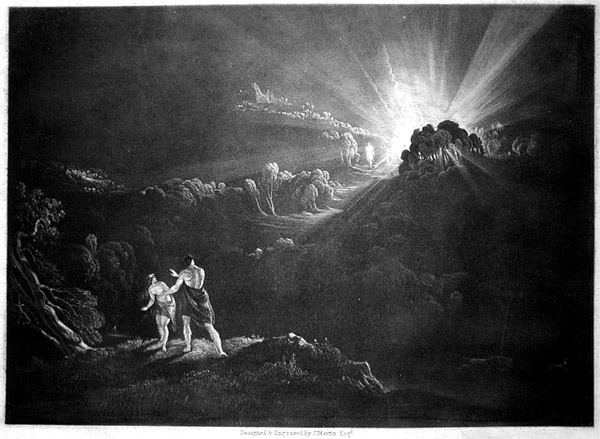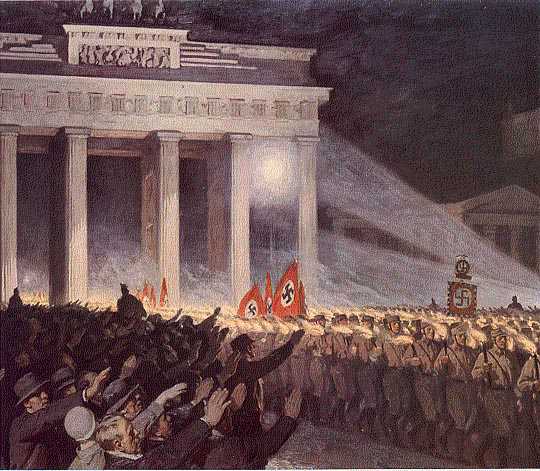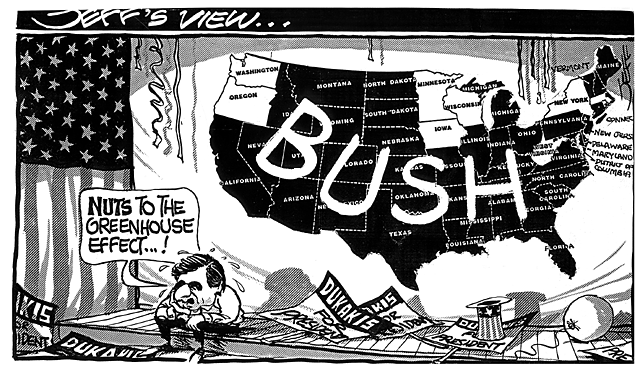
November 8 Then the column arrives at the narrow Residenzstrasse. At the other end of the street, a large group of police wait. Hitler is in the front with his left arm linked with the right arm of Scheubner-Richter. Graf shouts to the police to inform them that Ludendorff is present. Then a shot rings out. No one is sure which side fires the first shot. Scheubner-Richter is one of the first to be hit. Mortally wounded and with his arm linked with Hitler, Hitler goes down too. The fall dislocates Hitler's shoulder. The shooting lasts approximately sixty seconds. Ludendorff keeps walking. As everyone else falls to the ground or seeks cover, Ludendorff defiantly marches straight ahead. He and his adjutant, Major Streck, march right through the line of police. He is very angry that no one had followed him and is soon arrested by the police. Goering had been wounded in the groin. After some initial first aid by two helpful Jewish women, he is spirited off and smuggled into Austria. He will remain in exile for years, fighting a recurring infection from the wounds of this day and beginning the cycle of heroin addiction that would plague his life. Hess also flees to Austria. Roehm surrenders. Hitler, though not really wounded, is one of the first to leave, spirited off by his compatriots. Taken to the home of the Hanfstaengls, he is hysterical and depressed, contemplating suicide. Two days later, Hitler is arrested. According to different reports, between fourteen and sixteen Nazis and three policemen die during the Putsch.

1520 King Christian II orders the massacre of Swedish bishops and nobles in what will become known as the "Stockholm Bloodbath," helping to incite a Swedish war of liberation against Danish rule.


1793 Four years after the French Revolution, the former Royal Palace, The Louvre, is opened in Paris to the public by the Revolutionary government as a museum. It contains one of the world's richest art collections.
1830 Ferdinand II becomes King of the Two Sicilies.
1837 Mount Holyoke Seminary in Massachusetts becomes the first American college founded exclusively for women.


1884 Samuel Sidney McClure establishes McClure's Syndicate in New York City, the first newspaper syndicate.

1895 Wilhelm Rontgen discovers X-Rays during an experiment at the University of Wurzburg. He is experimenting with the flow of electricity through a partially evacuated glass tube.


1917 Russian Revolution: The Second All Russia Congress of Soviets proposes that all combatant nations begin immediate negotiations on concluding a just, democratic peace without annexations or indemnities. (Polyakov)




1923 The Munich Putsch: Hitler, with the backing of General Ludendorff, attempts to take over the Bavarian government by force of arms. Hitler claims that his main purpose is to squash a plot by Bavarian separatist to secede from Germany. Around eleven o'clock this morning, approximately three thousand storm troopers follow Hitler and Ludendorff on their way to the center of Munich. They meet up with a group of police who let them pass after having been given an ultimatum by Goering that if they are not allowed to pass, hostages will be shot.


1924 Weimar: Hitler, Lt. Colonel Hermann Kriebel, Dr. Christian Weber, Rudolf Hess and other putschers in Landsberg prison celebrate the first anniversary of the Munich putsch, with the prison band supplying the music. At exactly 8:34 PM, they commemorate the "historic moment" the trucks arrived carrying the Hitler Shocktroops. (Missing Years)
1927 Volkishness: The ONT presbytery of Hertesburg is consecrated in a new wooden church built on the site of the ancient earthwork near Prerow on the Baltic Sea coast. This circle continues to be lead by Georg Hauerstein, Jr., who writes that its foundation is related to medieval Templar lore, as well as the mythical sunken city of Retha-Vineta, supposedly the cradle of the "ario-heroic" race. (Hauerstein; Roots)

1933 Nadir Shah, ruler of Afghanistan, is assassinated and succeeded by his son, Mohammed Zahir Shah.
1933 Hitler takes part in various gatherings of Alte Kämpfer, (old fighters) in Munich, including meetings in the Braunes Haus (Strosstrupp Hitler) and the Sternecker, the birthplace of the NSDAP.

1934 Pierre Flandin succeeds M. Doumerque as French prime minister.
1936 The National Christian Party stages the largest anti-Semitic demonstration in Romanian History.

1938 Holocaust: Himmler addresses a select meeting of high-ranking SS leaders in Munich. He does not mention the vom Rath assassination, but tells them that within 10 years there will be unprecedented clashes -- not only a struggle among nations, but also an ideological struggle against the Jews, Freemasons, Marxists and Catholics worldwide. (Architect)
1939 WW2: Hitler tells a meeting of "Old Fighters" in Munich, "What were the aims of Britain in the last war? Britain said she was fighting for justice. Britain has been fighting for justice for three hundred years. As a reward God gave her 40 million square kilometers of the world and 480 million people to dominate." (Payne)

1939 WW2: Two British spies are arrested for espionage at Venlo on the Dutch-German border by the Germans, who capture a list of British agents and use it to make numerous arrests of British agents in Czechoslovakia and other occupied countries.
1939 Holocaust: Hans Frank becomes Governor General of Poland. He quickly encourages the persecution of the Jews.
1942 WW2: Nov 8-9 "Operation Torch" US and British forces land in strength in French Morocco and Algeria. Timed to coincide with Montgomery's offensive, the operation places them in a position to attack Rommel's Afrika Korps from the west. More than 400,000 Allied soldiers take part in the invasion.

1942 Stalingrad: Attack orders finally issued. By evening, however, the start-date is put off by one week because of delays in shifting troops and supplies. (Messenger)
1942 Holocaust: Germans massacre over 70 people from 22 Polish families named Trusiewicz and Domalewski for sheltering Jews in Oborki near Luck.


1966 Actor and future US President Ronald Reagan is elected governor of California.
1972 West and East Germany end 23 years of Cold War antagonism by initialing a good-neighbour treaty which pledges mutual respect for the existence of two sovereign German states.
1979 A new late-night news program debuts on ABC-TV. The program, The Iran Crisis: America Held Hostage, is expected to be on the schedule only temporarily, according to ABC News chief Roone Arledge. Instead, the program, with Ted Koppel hosting, evolves into Nightline in March of 1980.
1984 The first attempt to rescue two crippled satellites takes place as the space shuttle Discovery lifts off from the Kennedy Space Center in Florida. The mission is accomplished on 14 November.

1990 William Bennett resigns as President Bush's national drug policy adviser.


1995 Retired Army General Colin Powell declares he will not seek the presidency.
1998 John Glenn gives a press conference after landing at the Kennedy Space center after becoming the oldest person to go into space.
1998 About 350,000 people rally in Berlin against racist violence.



2001

2001

2002

2003

2004

2004

2004

Visit:




 Visit:
Visit:

Click Here to email the History: One Day At a Time webmaster.